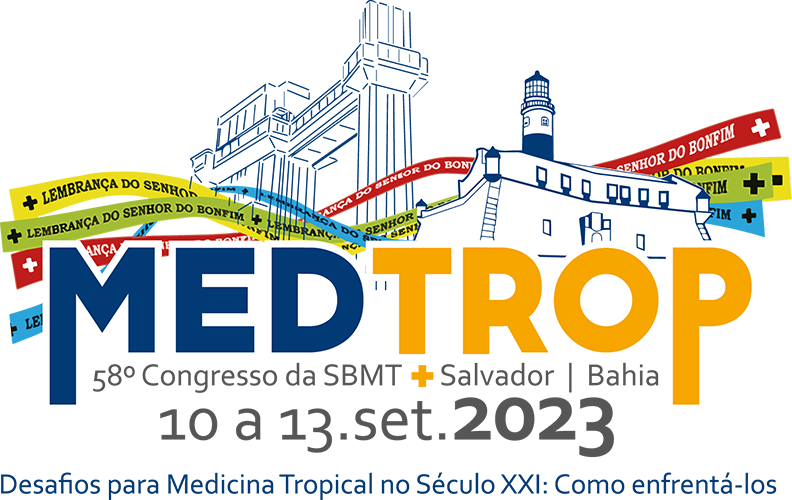Dados do Trabalho
Título
Increased interregional virus exchange and nucleotide diversity outline the expansion of the chikungunya virus ECSA lineage in Brazil
Introdução
The emergence and reemergence of mosquito-borne diseases in Brazil such as Yellow Fever, Zika, Chikungunya, and Dengue have had serious impacts on public health. Concerns have been raised due to the rapid dissemination of the chikungunya virus (CHIKV) across the country since its first detection in 2014 in Northeast Brazil.
Objetivo (s)
We aimed to perform on-site training activities in genomic surveillance in 12 Brazilian states covering four geographic regions to increase the number of available chikungunya virus genomic sequences.
Material e Métodos
Faced with this scenario, on-site training activities in genomic surveillance carried out in partnership with the National Network of Public Health Laboratories have led to the generation of 422 CHIKV genomes from 12 Brazilian states over the past two years (2021-2022), a period that has seen more than 312 thousand chikungunya fever cases reported in the country.
Resultados e Conclusão
The new genomes increased the amount of available genomic data and allowed a more comprehensive characterization of the dispersion dynamics of the CHIKV East-Central-South-African (ECSA) lineage in Brazil. Tree branching patterns revealed the emergence and expansion of two distinct subclades. Phylogeographic analysis indicated that the northeast region has been the leading hub of virus spread towards other regions. Increased frequency of C>T transitions among the new genomes suggested that host restriction factors from the immune system such as ADAR and AID/APOBEC deaminases might be driving CHIKV ECSA lineage genetic diversity in Brazil.
Palavras-chave
chikungunya virus, East-Central-South-African lineage, phylogenetics, nanopore sequencing, genomic surveillance, genetic diversity
Agradecimentos
This work was supported by The Pan American Health Organization (PAHO/WHO), the Brazilian Ministry of Health grant SCON2021-00180 (Coordenação Geral de Laboratório de Saúde Pública-CGLAB and Coordenação Geral de Vigilância de Arboviroses-CGARB), the National Institutes of Health USA grant U01 AI151698 for the United World Arbovirus Research Network (UWARN). We thank the State Health Secretariats and the epidemiological surveillance services of Brazilian states and municipalities for all the support provided. JX is supported by Coordenação de Aperfeiçoamento de Pessoal de Nível Superior-Brasil (CAPES)-Finance Code 001. MG is funded by PON “Ricerca e Innovazione” 2014-2020.
Área
Eixo 08 | Arboviroses
Categoria
Concorrer ao Prêmio Jovem Pesquisador - Doutorado
Autores
Joilson Xavier, Luiz C.J. Alcantara, Vagner Fonseca, Laboratório Central de Saúde Pública de Minas Gerais ., Fundação Hemocentro de Ribeirão Preto ., Instituto Gonçalo Moniz ., Laboratório Central de Saúde Pública (AL,BA,GO,MA,MS,MT,PA,PE,PR,PI,RN) ., Ministério da Saúde ., University of Washington ., Universidade Federal do Rio Grande do Norte ., Marta Giovanetti

 Português
Português English
English